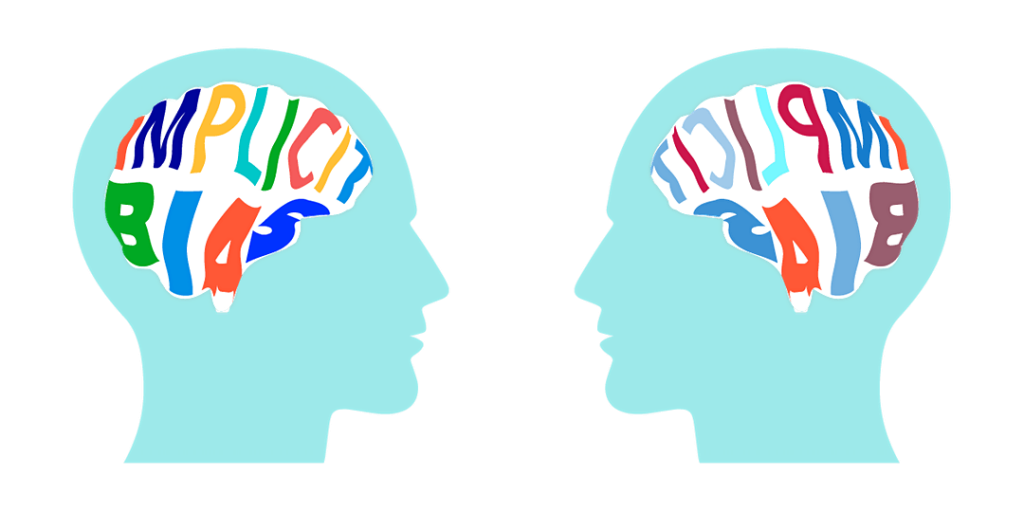By Noah Tolentino (MGMT 453)

After taking Harvard’s Implicit Association Test about attitudes toward European Americans and Asian Americans, my result showed that I was a little faster at connecting Asian Americans with good words and European Americans with bad words. This does not mean I believe one group is better or worse. It just means I may have an unconscious preference that comes from my experiences, the media I see, and the culture I grew up in. Beverly Vandiver from Ohio State University explains that implicit biases are hidden attitudes or stereotypes that affect what we think and how we act without us realizing it. Everyone has them, and they often begin when we are young.
In the hiring process, implicit bias can make it harder to judge people fairly. For example, a manager might prefer or doubt a candidate just because of their name, appearance, or the way they speak, even if they do not mean to. This makes hiring less reliable because it is based on personal feelings instead of the person’s real skills. It also hurts validity because it prevents fair and equal treatment for all applicants. The Scientific American article said that people often overgeneralize or make quick judgments even when they think they are being fair.
To reduce implicit bias, it helps to use clear and equal standards when interviewing people. Managers should ask everyone the same questions and focus on job-related skills. Taking time to pause and reflect before making a decision also helps. Like Vandiver says, changing bias is like breaking a habit. It takes awareness, effort, and practice to do better over time.